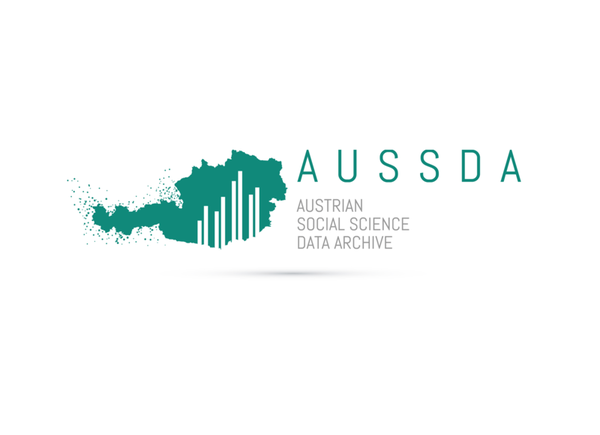
Tour of CESSDA - The Austrian Social Science Data Archive
The following series of articles will highlight each of CESSDA's national service providers one at a time, starting with the Austrian service provider.
- Who are you and what role do you play in CESSDA?
AUSSDA - The Austrian Social Science Data Archive is a core social science research infrastructure in Austria, offering research data and archiving services. It is located at the Universities of Vienna, Graz, and Linz and is funded by the Austrian Federal Ministry of Education, Science and Research (BMBWF).
AUSSDA is CESSDA's service provider in Austria. As an official representative, we contribute to CESSDA's bodies such as the General Assembly and the Service Provider Forum (see governance). Furthermore, we are involved in several CESSDA projects and project proposals such as DataverseEU, Social Sciences and Humanities Open Cloud (SSHOC), and several more. We also monitor CESSDA's working groups, and try to participate in most of their events.
- When did your country become a member?
Austria has been a CESSDA member since 19911. Between 1991 and 2013, the Wiener Institut für sozialwissenschaftliche Dokumentation und Methodik (WISDOM) represented Austria in CESSDA. AUSSDA joined CESSDA in 2016.
- What does your organisation bring to CESSDA?
We provide high quality FAIR research data that is also available through the CESSDA Data Catalogue. The research data is stored in our Dataverse, a digital repository, which several other (aspiring) service providers are considering as their main data repository. In CESSDA, we share our experience with Dataverse with other members. We also consider ourselves to be a reliable and responsible partner in the various projects that CESSDA has been planning and undertaking. As we officially launched our services at the end of 2017, our start-up phase has also served as an example for upcoming archives.
- What tangible benefits does your organisation get out of being a CESSDA member?
To name a few benefits, the other service providers in CESSDA have supported us in developing our new internal procedures by sharing their own knowledge. Our professional core processes such as data acquisition and ingest would not be as efficient as they are now without the help of the other archives within CESSDA.
By participating in CESSDA we are in the position to be a part of shaping the European Open Science Cloud, one of the most promising research infrastructures of our time. We can also substantially improve our outreach by cooperating with the other service providers in terms of communications. Thanks to CESSDA's initiative we have been able to acquire third-party funding.
- Which CESSDA tools and/or services are of interest to your organisation? (see the full list)
We frequently use the CESSDA Vocabulary Service and the European Language Social Science Thesaurus (ELSST), a broad-based, multilingual thesaurus for the social sciences. By referring to a standardized set of standardized keywords our metadata becomes more interoperable. Among other offers, we make use of the CESSDA Data Management Expert Guide, participate in train-the-trainer events, and have our own national development plan and media pack.
- How does the CESSDA Data Management Expert Guide help researchers to make their research data FAIR?
The CESSDA Data Management Expert Guide (DMEG) is an essential resource not only to us - we use it to develop our trainings, but also directly to researchers. Many researchers have never received a proper training in data management. The DMEG helps to fill this knowledge gap by showing researchers the path on how to make their research data Findable, Accessible, Interoperable and Reusable (FAIR).
- How is CESSDA helping you to make your data compliant with the FAIR Data principles?
AUSSDA implements the metadata standard that is maintained and developed within CESSDA, and we benefit from the CESSDA Data Catalogue.
- Which CESSDA training events or resources do staff in your organisation recommend and why?
CESSDA's Data Management Expert Guide has been very valuable, because it is content rich and understandable at the same time.
- How do you see CESSDA supporting you in 2019?
CESSDA has been of tremendous help by connecting social science data archives and other relevant stakeholders from all over Europe. We hope that CESSDA will continue their work as an information hub. As CESSDA is seeking new, interesting projects we will continue our fruitful collaboration to make social science data accessible, creating opportunities for research and data reuse, and benefitting science and society.
1 CESSDA served as an informal umbrella organisation for European national social science data archives from 1976. See the history section.